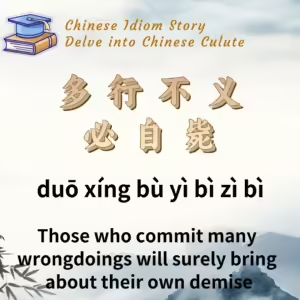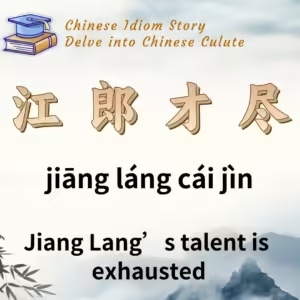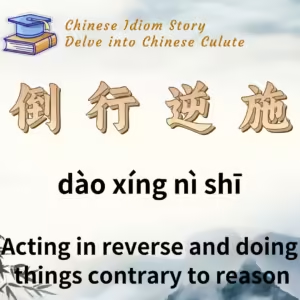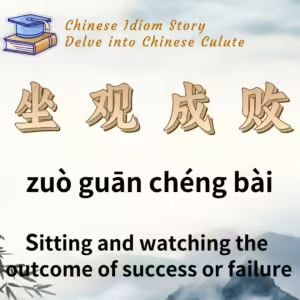
Chinese Idiom: 多行不义必自毙 (Duo Xing Bu Yi Bi Zi Bi)
English Translation: Those who commit many wrongdoings will surely bring about their own demise
pīn yīn: duō xíng bù yì bì zì bì
Idiom Meaning: This idiom suggests that if someone engages in numerous immoral or unjust acts, they will ultimately suffer the consequences and fail.
Historical Source: 《左传·隐公元年》 (Zuo Zhuan, Year One of Duke Yin), a historical text from the Spring and Autumn period.
Idiom Story:
In 761 BC, Duke Wu of Zheng married Wu Jiang, the daughter of Duke Shen. They had two sons: the elder was named Wu Sheng, and the younger, Gong Shu Duan. Wu Jiang had a difficult labor with Wu Sheng, which led her to dislike him while favoring Gong Shu Duan instead. Despite her persistent requests to make Gong Shu Duan the heir, Duke Wu refused.
When Duke Wu passed away in 744 BC, Wu Sheng ascended to the throne as Duke Zhuang of Zheng. Wu Jiang then requested the land of Zhi Yi (near modern-day Xinyang) for Gong Shu Duan. Duke Zhuang declined, as the territory was strategically important. However, he agreed to give him Jing Cheng (present-day southeast of Xinyang).
A minister, Ji Zhong, advised Duke Zhuang against this decision, reminding him of the previous kings’ laws regarding land distribution among heirs. He warned that granting too much territory would bring harm to the state. Duke Zhuang replied, “Since my mother wants this, how can I disagree?”
Ji Zhong urged him to act quickly against Gong Shu Duan, cautioning that Wu Jiang’s desires would never be satisfied. He warned that if Gong Shu Duan’s power grew, it would be difficult to manage.
Duke Zhuang, confident in his judgment, simply smiled and said, “多行不义,必自毙,子姑待之。” (“Those who commit many wrongdoings will surely bring about their own demise; just wait and see.”)
Eventually, Gong Shu Duan built up his strength in the capital, training troops and stockpiling supplies for a coup against Duke Zhuang. In 122 BC, as he prepared to attack, Duke Zhuang anticipated his move and sent General Gongzi Lü to reclaim the capital. Gong Shu Duan fled but ultimately found himself with nowhere to escape and chose to commit suicide.
This story illustrates the principle behind the idiom, emphasizing that engaging in unjust actions ultimately leads to one’s own downfall.






